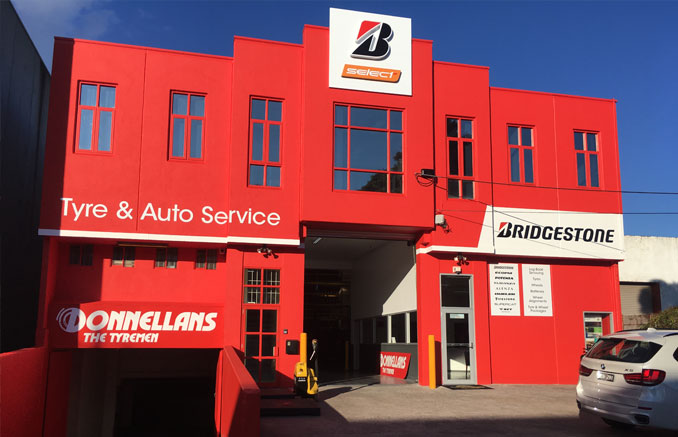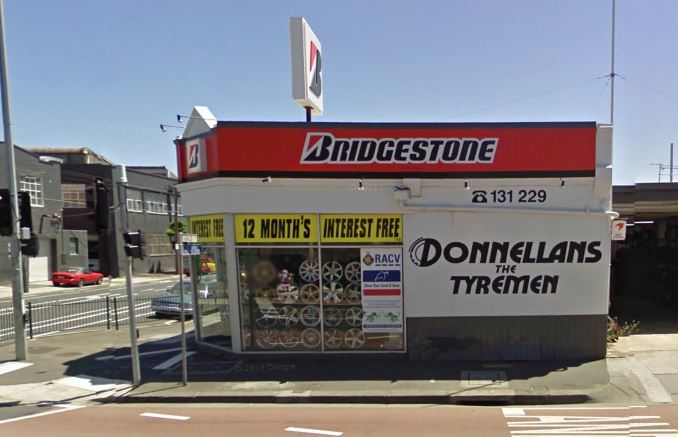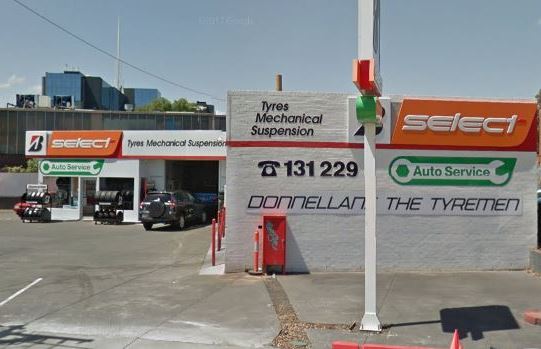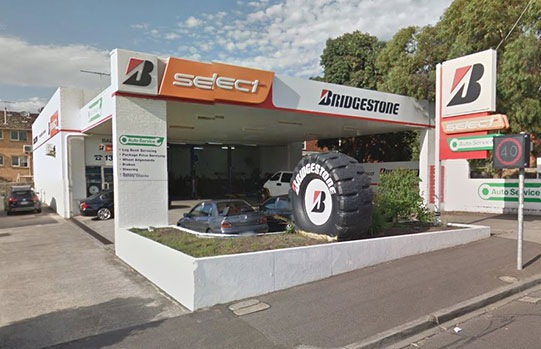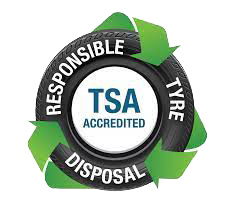Back to Latest News
The Road to Sustainability with Michelin
Sustainability is on the table of every large company in 2017 but for Michelin, it was a long, long time ago! Michelin have cared about sustainability long before the standards were imposed by the industry, in 1946 to be exact. It all happened around the same time Michelin introduced the radial tyre which is now the most common tyre on the market. The radial tyre was an industry game changer and reduced the rolling resistance of tyres by 30%. This was drastically improved by a further 20% in 1992 with the addition of Silica compound technology, making tyres longer-lasting and more fuel-efficient. What is rolling resistance you ask? When tyre pressure and deflation work against the engine of your car, making it work harder. The quality of the tyre determines the fuel efficiency against that friction force. With each and every successive generation and release of green tyres by Michelin, the company reduces CO2 emissions and improves fuel economy by around 2%.

Michelin have taken sustainability to a whole new level by improving their facility’s output of energy wastage. By reverting to renewables like solar panels, wind power and local alternative methods to get energy to run its plants. This method has less impact on the local environment and improves air quality drastically. Disposing of your tyres has also come a long way since the days of tyre dumps and burns. Tyres can be 100% recovered, either as energy or raw material. These days tyres are reused as filling material, soundproofing, railroads, drainage solutions and synthetic surfaces like sports fields and playgrounds. Currently, 95% of end-of-life tyres are recovered in Europe and 97% are recovered in Brazil. In Australia, Michelin is working closely with the TSA or Tyre Stewardship Australia to transform used tyres into a useful commodity. This is a great initiative as it has created new industries and employment opportunities while also reducing environmental harm.
Michelin are also industry leaders in the reforestation of the Hevea Tree or Pará Rubber Tree. The trees most known feature is the milky white sap, known as latex, which flows freely when a sliver of its bark is removed. Michelin conduct biological and agricultural research to improve the quality of natural rubber and combat disease in Hevea Trees. 2,700 acres of Bahia, Brazil rubber plantation has been kept uncultivated to help protect the forests flora and fauna.

Michelin hope to challenge the way in which we get from A to B in the future. Over 15 years ago they created the Michelin Challenge Bibendum and it has now become the world summit on sustainability in the mobility sector. By bringing together political, industry, scientific and media reps to discuss sustainability on our roads. With fresh and brilliant ideas coming from young students who brain storm on ideas to help with our roads congestion and pollution. Michelin are leaders in sustainability in the mobility industry and they intend on acting like it by further more improving on their commercial products and being committed to a bright and sustainable future.
Browse Michelin Tyres

